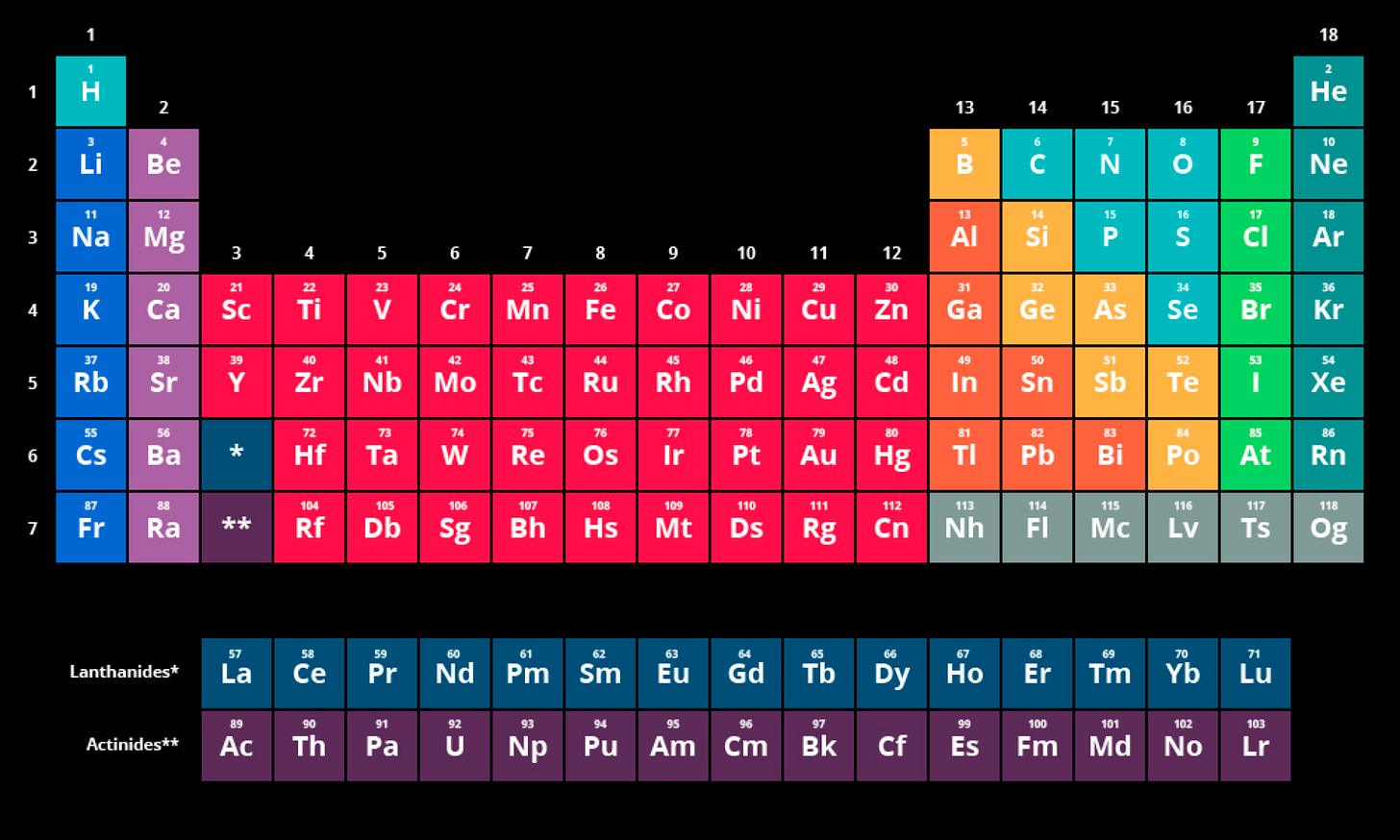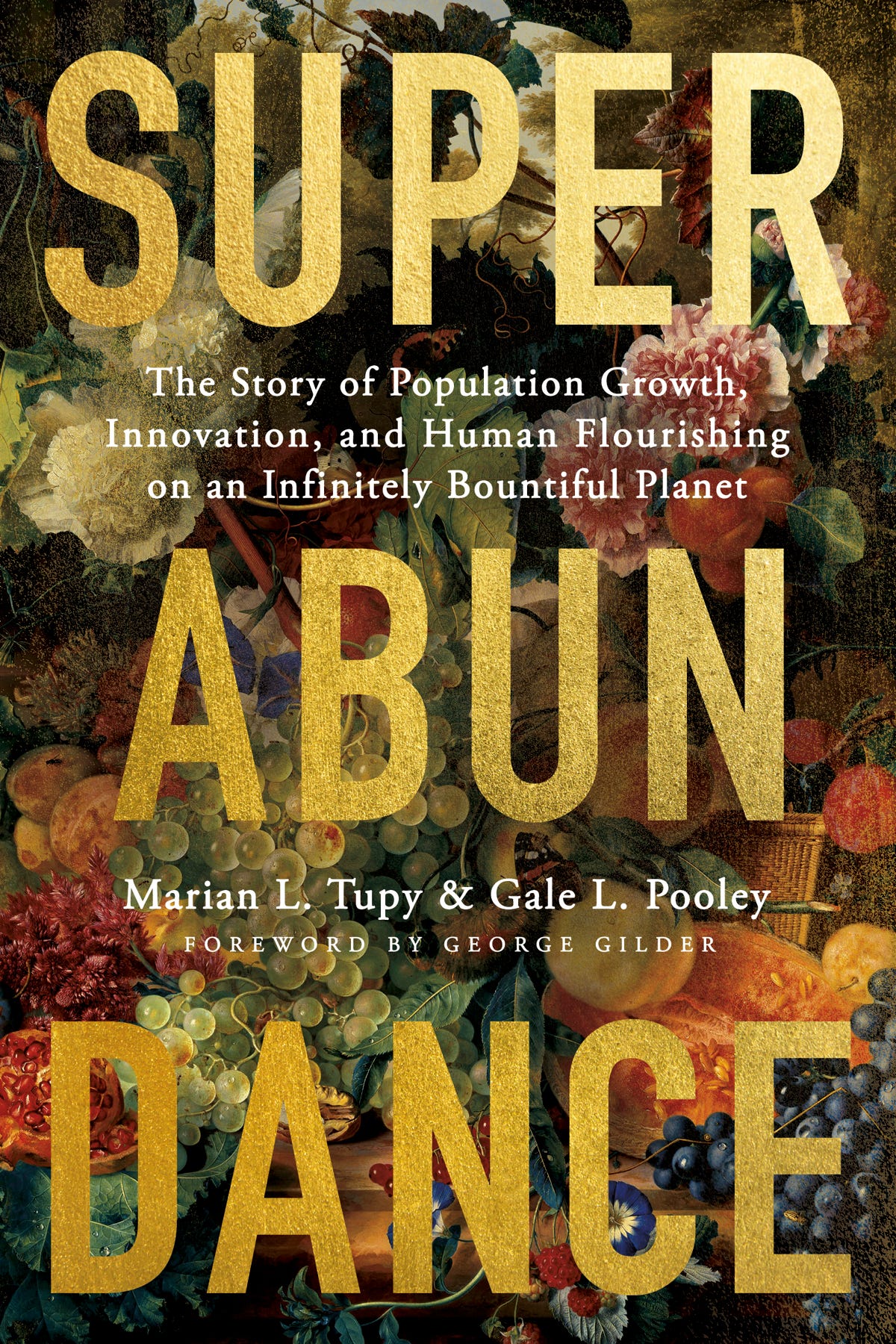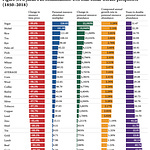Quiz:
Question 1: How many keys does a piano have?
Question 2: How many songs does a piano have?
If you answered 88 to the first question you get an A.
In Avengers: Infinity War, Thanos says, “It's a simple calculus. This universe is finite, its resources, finite. If life is left unchecked, life will cease to exist. It needs correcting.” Thanos would say that since a piano only has 88 keys that there must only be 88 songs. In a sense Thanos is correct. There really are a fixed number of atoms in the universe. But life is not just about atoms, life is about knowledge, and knowledge is not subject to the laws of physics. The correct answer to question number 2 has to be infinity. But pianos don’t really have songs, people have songs and use pianos to share their imaginations. Thanos would get an F on the second question.
Question 3: How many elements do we have on earth?
The International Union of Pure and Applied Chemistry had recognized a total of 118 elements, of which 94 occur naturally on Earth. Six of these occur in extreme trace quantities (Technetium, promethium, astatine, francium, neptunium, plutonium). This leaves us 88 elements to reasonably work with.
88 piano keys 88 natural elements. How many possible creations from these limited numbers?
SoundCloud reports a collection of 200 million songs. The Chemical Abstract Society reports 193 million compounds. We’ve only just started to explore the possibilities for creating valuable new songs and compounds. New combinations of elements, and musical notes, and colors, and words, and bits all create things of potential value. More people with the freedom to discover and create new knowledge is what an economy is about.
Nobel Laureate Paul Romer has described the economy as a “huge innovation discovery machine.” As George Gilder notes, wealth is knowledge and growth is learning. “The difference between our age and the Stone Age is entirely due to the growth in knowledge.” It is the growth of knowledge that turns scarcities into abundances and lifts us out of poverty. Thomas Sowell observes that “While market economies are often thought of as money economies, they are still more so knowledge economies…. Economic transactions are purchases and sales of knowledge.” Professor Caesar Hidalgo has written that products are really knowledge. “A modern society can amass large amounts of productive knowledge because it distributes bits and pieces of knowledge among its many members. But to make use of it, this knowledge has to be put back together through organizations and markets.”
The next time you listen to a beautiful song, remember that human beings make things valuable, not the number of keys or the number of atoms.
You can learn more about these ideas in our forthcoming book, Superabundance, available for pre-order at Amazon.
Gale Pooley is a Senior Fellow at the Discovery Institute and a board member at Human Progress
I have exciting news to share: You can now read GaleWinds - Thoughts by Gale Pooley in the new Substack app for iPhone.
With the app, you’ll have a dedicated Inbox for my Substack and any others you subscribe to. New posts will never get lost in your email filters, or stuck in spam. Longer posts will never cut-off by your email app. Comments and rich media will all work seamlessly. Overall, it’s a big upgrade to the reading experience.
The Substack app is currently available for iOS. If you don’t have an Apple device, you can join the Android waitlist here.


















Share this post